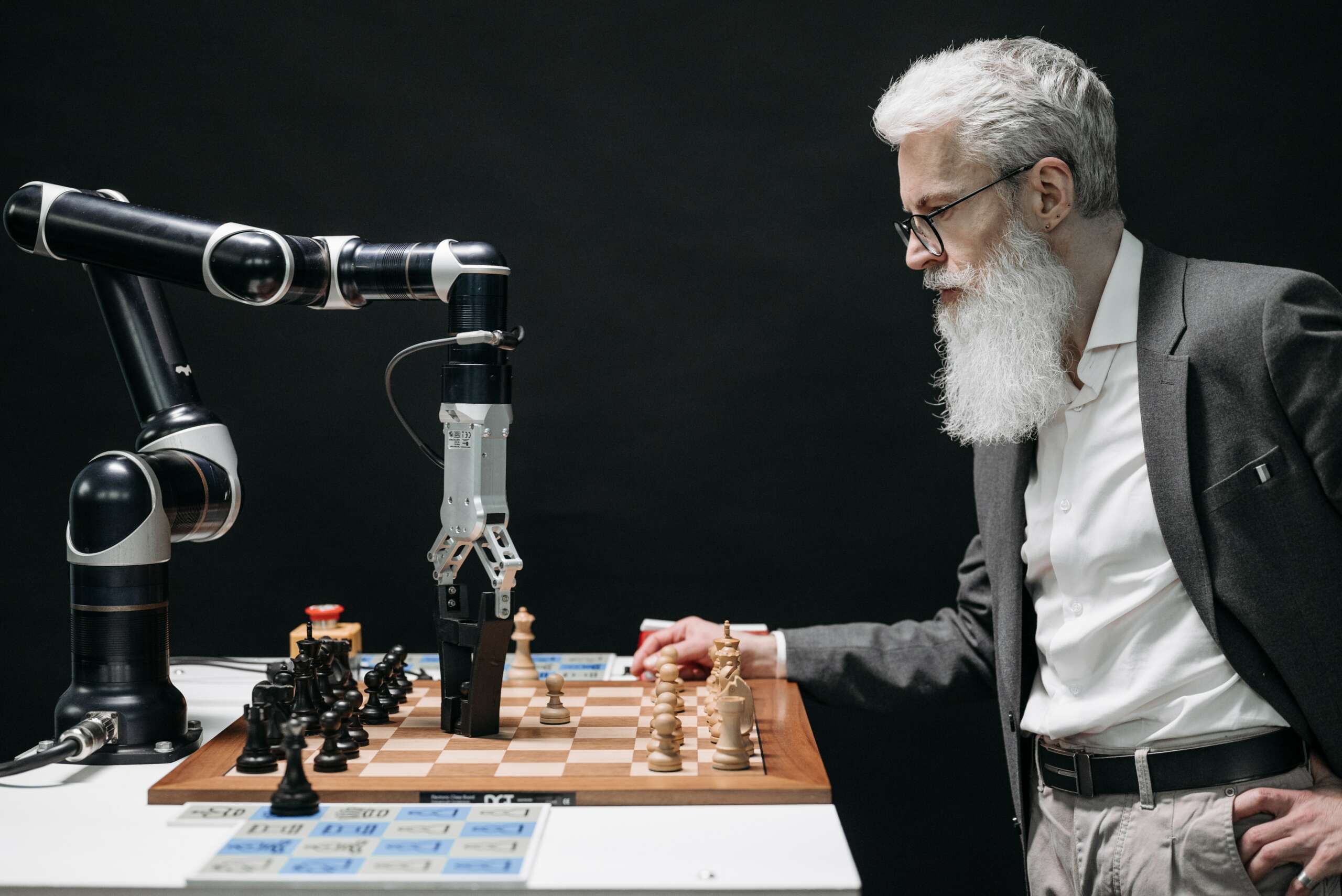27 Jun

In the early days of the internet, the dot-com boom promised to revolutionize the world. Companies sprouted up overnight, hoping to capitalize on the new technology. But as we all know, this bubble eventually burst, causing massive economic fallout. Today, we are in the midst of a similar technology boom with artificial intelligence. However, the question looms – are we heading for another bubble burst, or is this time different?
The Dot-Com Boom: A Brief History
The dot-com boom, also known as the internet bubble, was a period of excessive speculation that occurred from 1995 to 2000. During this period, investors, driven by the potential of the new Internet medium, poured money into any company with a “.com” in its name, regardless of whether it had a profitable business model.
Companies like Pets.com, Webvan, and eToys became notorious examples of the unsustainable business practices and investor hype that characterized this period. These companies, and many others like them, went public and saw their stock prices skyrocket, only to collapse once investors realized they were far from profitable.
The AI Boom: Parallels and Differences
Fast forward to the present day, and we are in the midst of another technological revolution – artificial intelligence. AI has the potential to dramatically reshape many aspects of our lives, from the way we work and communicate to the way we diagnose diseases and drive cars. And much like the dot-com boom, this has led to a rush of investment in AI startups.
However, there are key differences between the two eras. During the dot-com boom, many of the companies that attracted investment were built on shaky foundations with no clear path to profitability. In contrast, many of today’s AI companies have clear, viable business models and are already generating significant revenues.
Companies like Microsoft and Nvidia are at the forefront of this revolution. Microsoft, through its cloud computing platform Azure, offers a wide range of AI services that businesses can use to implement AI in their operations. Similarly, Nvidia, the leading manufacturer of graphics processing units (GPUs), has seen a surge in demand for its products due to their use in training AI models.


